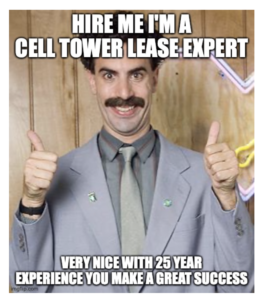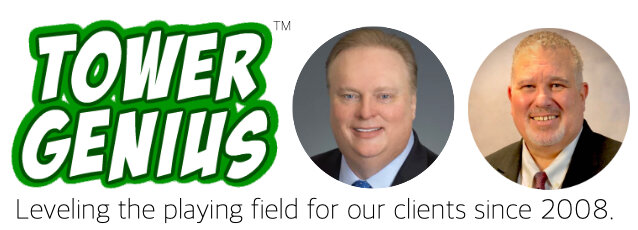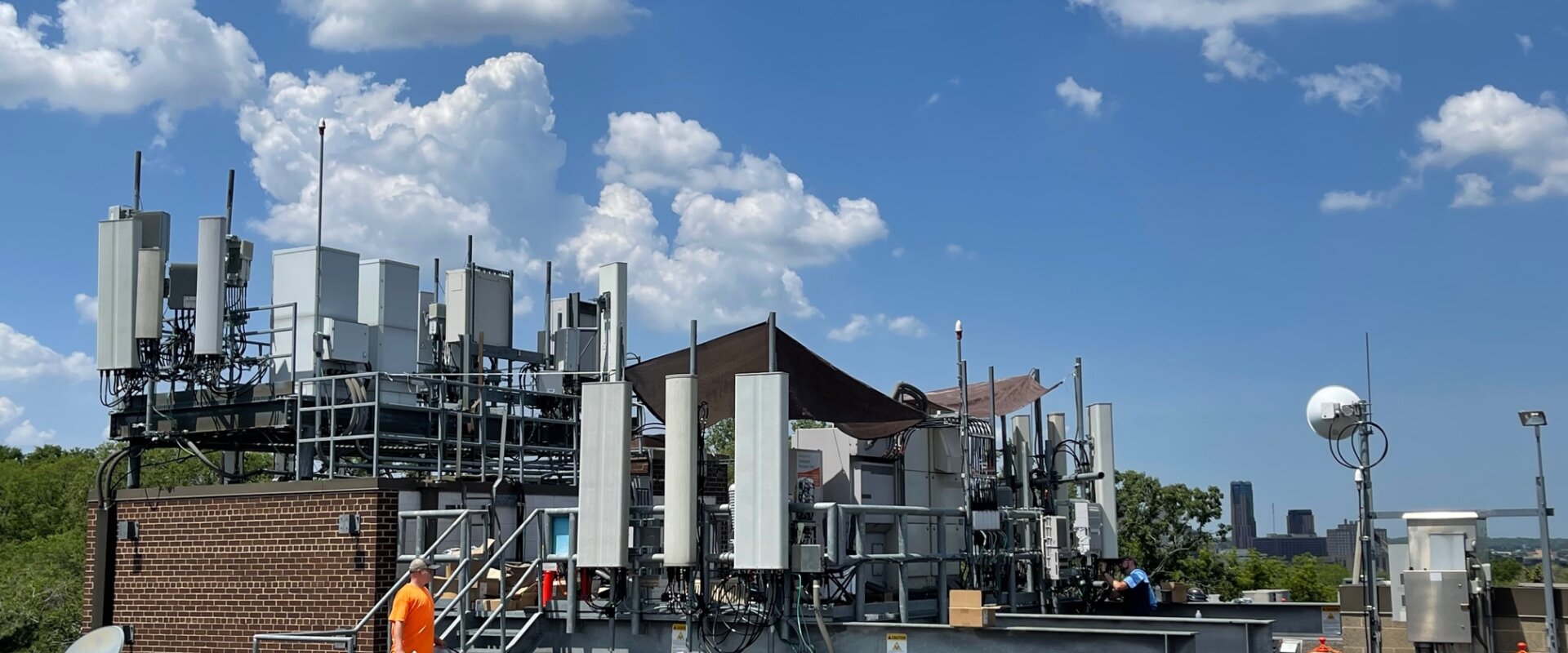
Not All Cell Tower Leases Are Equal & Neither Are Experts In The Cell Tower Lease Consulting Field
Not only are all cell tower leases not equal, not all cell tower lease consultants are equal either. For example… If you like beef, you can have a White Castle hamburger, a Ball Park Frank hot dog, an $8.99 steak at Applebees or you can have a 28-day dry-aged porterhouse steak for two at the Old Homestead Steakhouse in NYC. It’s all beef, right? But wait, a steak like that is expensive! So here is the analogy. Yes, a fine meal at NYC’s Old Homestead is going to set you back a few dollars. You are paying for their expertise in selecting the finest cuts of beef at the NYC meatpacking district. They are actually among the only buyers who have earned the right to buy before the other steakhouses. Then you are paying for the time they take to age the steak. There is a lot more behind that meal than just ordering a sack of 10 greasy sliders at White Castle. You will have only one “at bat” or chance to get up to the plate for ten or twenty years, so you want to make sure the cell tower lease agreement that you sign is iron-clad. If you’re going to hire an expert, get the best one who can help you.
True story…
Back in 2010, we told the Newark Star-Ledger and others that 100,000 new cell towers would be needed in the next decade to support increased demand for coverage and capacity, and people laughed at us. History has proven us correct.
To be clear, even wireless industry executives have no idea of exactly how many new 5G cell sites will be needed to support the next-generation wireless network. Hundreds of thousands of 5G nodes and small cells will need to be added in addition to the three hundred thousand plus cell sites in the United States. One thing is for certain, people aren’t getting rid of their cell phone devices anytime soon. Cell towers aren’t going anywhere either.
Tower management firms and wireless carriers will need to sign a plethora of new cell site and cell tower leases over the next decade and lock in lease extensions on existing cell tower locations. While many of the 5G or small cell sites being deployed will be installed on public right of rays (ROWS) where the carrier may negotiate one master lease agreement (MLA) with a city or county agency at a bargain basement price, an opportunity still exists for land owners in rural areas and for building owners in cities and suburbs to generate cell site income.
Not all telecom lease agreements are the same. Make sure you know the difference before you embark on a lease negotiation.
Not All Cell Tower Lease Rates Are Apples To Apples Comparisons
Cell tower lease rates are not the same. Let’s pick on T-Mobile and Crown Castle today. For example, you can have a T-Mobile cell tower location in one city or town paying $1,000 monthly, managed by Crown Castle, and another T-Mobile Crown Castle tower site that pays over $3,000 monthly just a mile or two away. And while it may sound crazy, you can have a T-Mobile ground lease nearby that pays less than $800 per month, and you can have a Crown Castle tower location where the owners receive over $13,000 monthly. And then in the same city, you can have a T-Mobile rooftop cell site that pays $2,000 per month while T-Mobile may easily be paying more than double that amount to lease its antenna space on a water tower or electric transmission tower.
- Location is a factor in the valuation of a cell tower lease.
- Zoning restrictions and land use are factors in determining the rent value.
- Topography is a determining factor.
- Wetlands are an influencing factor.
- Historical sites are very difficult to develop cell sites on and influence pricing.
- State, Tribal, and Federal Land are challenging to develop cell towers on and can impact the amount of rent received.
- Availability of competing sites — either ground space or rooftop space will influence the price.
A general rule of thumb is, the harder it is to get the site approved and built, and the fewer choices that are available to the wireless carrier or cell tower developer, the better chance you have of getting a higher rental fee.
But wait… there’s more. The cellular carriers for the most part decided to get out of the business of building and owning towers about a decade ago, and direct carrier leases are not as common as they once were. Even if you have a site that should rent for a higher price, if you have been approached by a cell tower development company to have a tower built on your land, they can’t pay you more rent than they are receiving from their carrier subtenant and depreciate the tower costs. There is only “so much meat on the bone” and often land owners negotiate themselves out of a deal without understanding the forces at work in the transaction.
Rooftop Lease – Ground Lease – Tower Lease vs. Option Lease
Is it a straight Cell Tower Lease, Ground Lease, Rooftop Lease or is it an Option Lease Agreement?
The majority of contracts offered to land owners and building towers are Option Lease Agreements. The carrier or developer signs a contract that ties up the portion of the land or rooftop, typically for two consecutive one-year periods. They can exercise their option or right to lease the portion of your real estate if they send you a letter of commencement. Typically the landlord will receive $500 per one-year option. This is a nominal amount that is quite standard in the industry. The other type of lease agreement is a rooftop lease, ground lease, or tower lease that does not contain an option. Landlords should pay close attention to the wording of these contracts because often if a tower does not get built, the property owner is stuck with a recorded lease option that can be costly and difficult to have removed from their title.
Developer Lease vs. Direct Carrier Lease
Since the carriers have distanced themselves from building and owning towers for the most part, the majority of new cell towers being proposed are being developed by small to medium-sized tower development firms. They build and lease tower space to the carriers and lease ground space, usually 100′ x 100′ from property owners. Carriers such as Verizon Wireless, US Cellular, T-Mobile – Sprint, AT&T, and DISH will pay the tower company approximately $2,000 per month to lease antenna and ground space for equipment. The tower companies will pay the property owner from the anticipated anchor tenant rent. That is why it is nearly impossible to ask for more than $2,000 for a new cell tower lease nowadays when ten or fifteen years ago it was fairly common.
If rooftop space is being rented for antennas and equipment, that building essentially is “the tower” and landlords can usually get getter rental fees. However, if there are competing rooftops this will generally drive the monthly rental price lower.
Contact Tower Genius at 888-313-9750 if you’ve received a proposal for a new telecom site at your location.
Request a call back from Tower Genius…
We’re here to help you. Please provide your Name, Email and Phone Number so a Tower Genius team member can get back to you as soon as possible.


